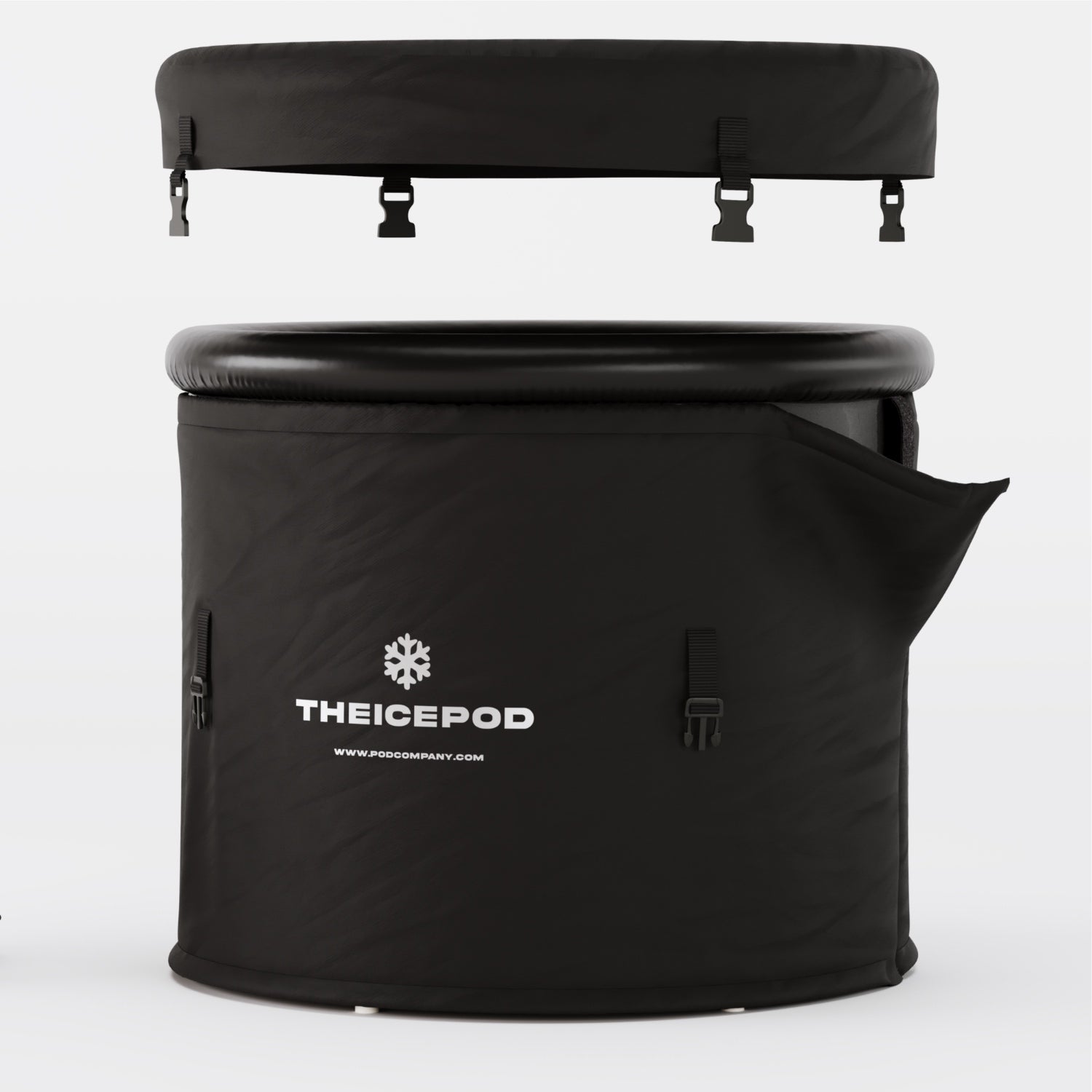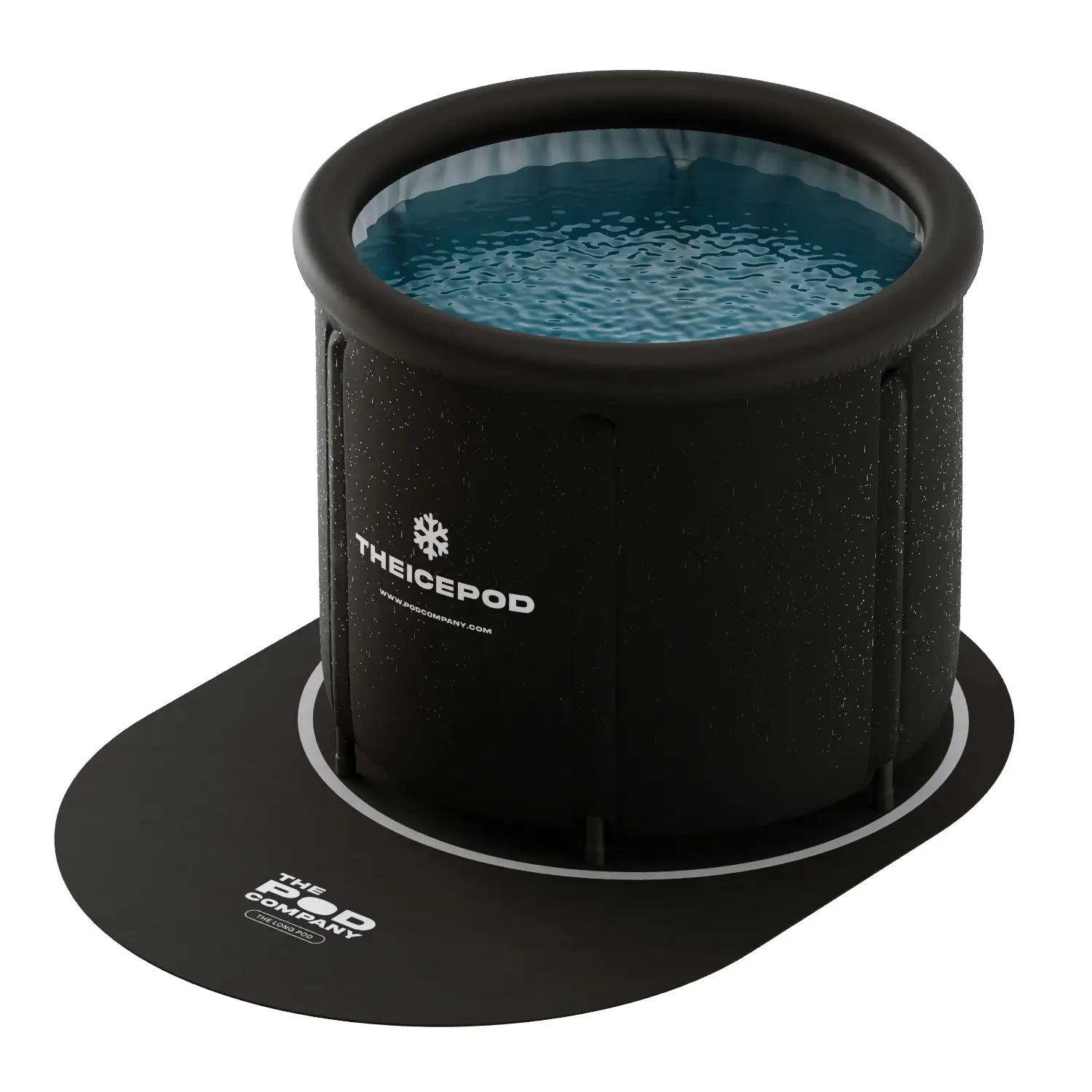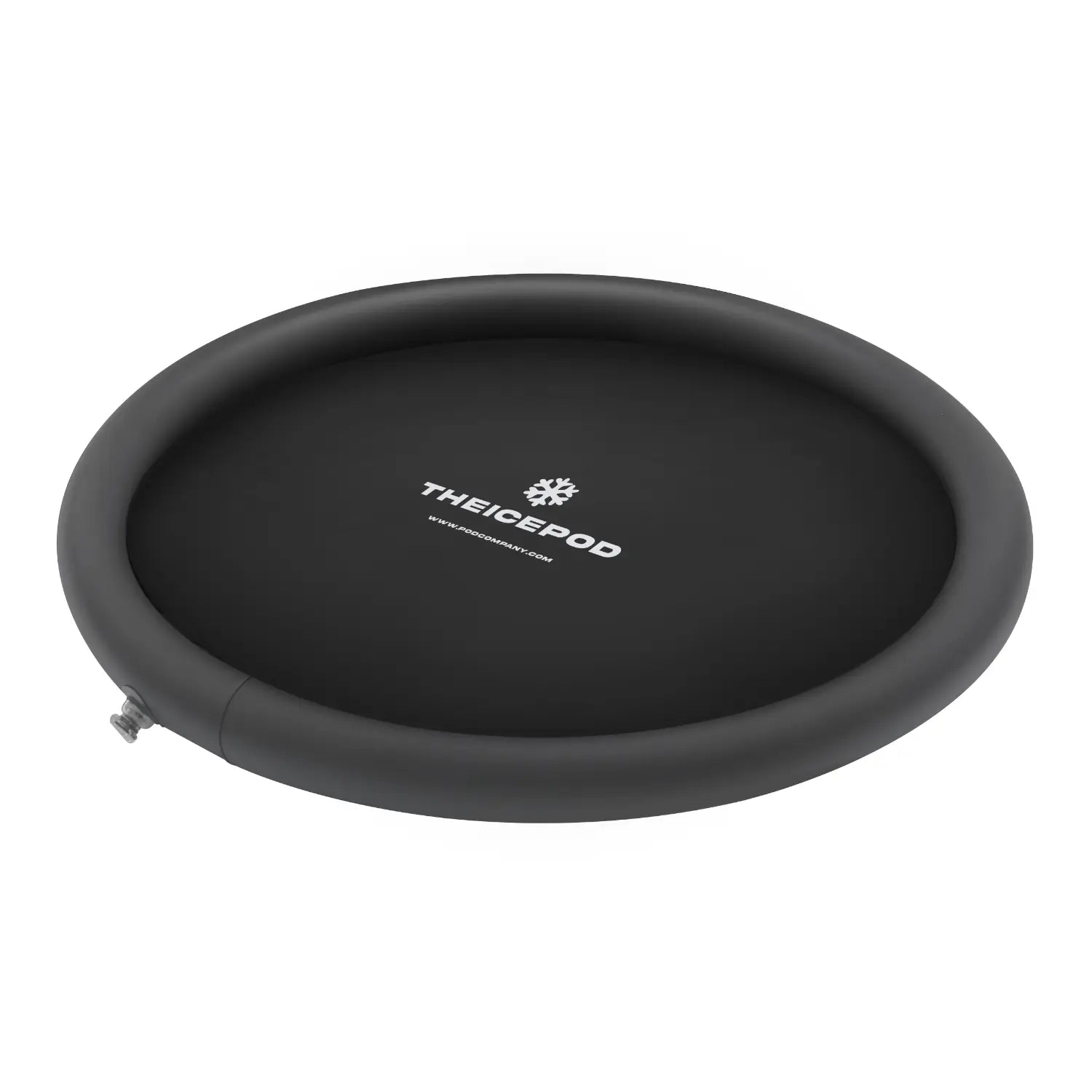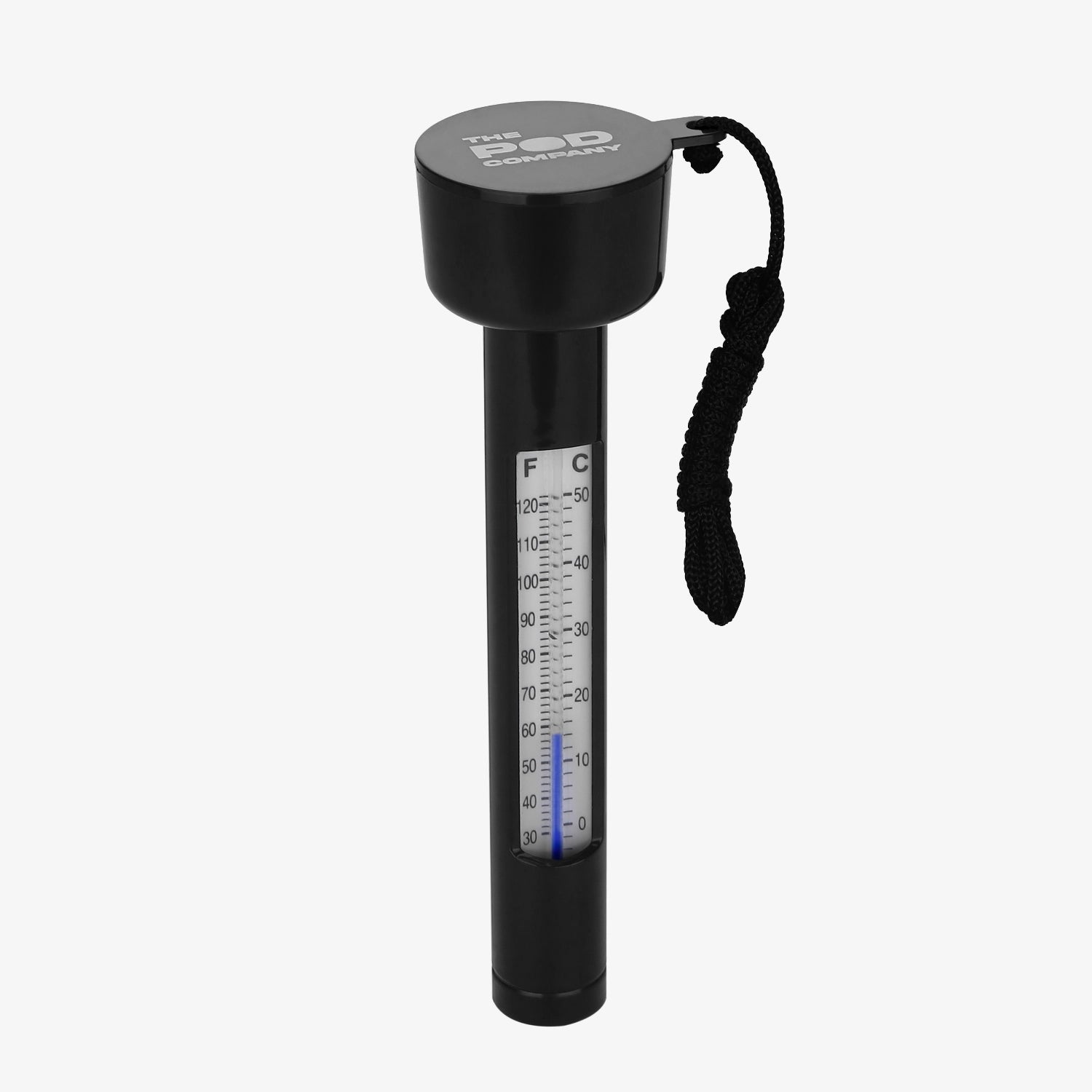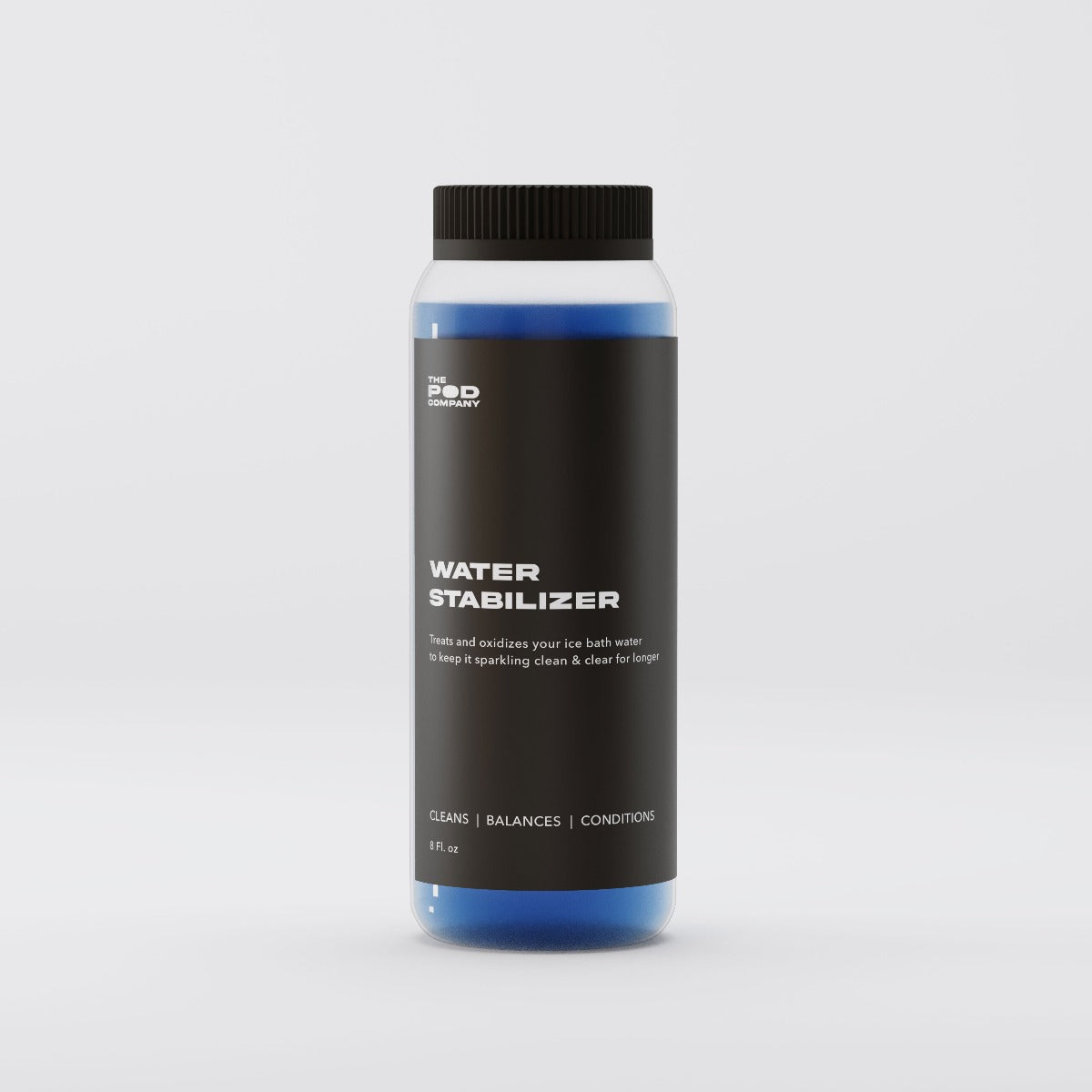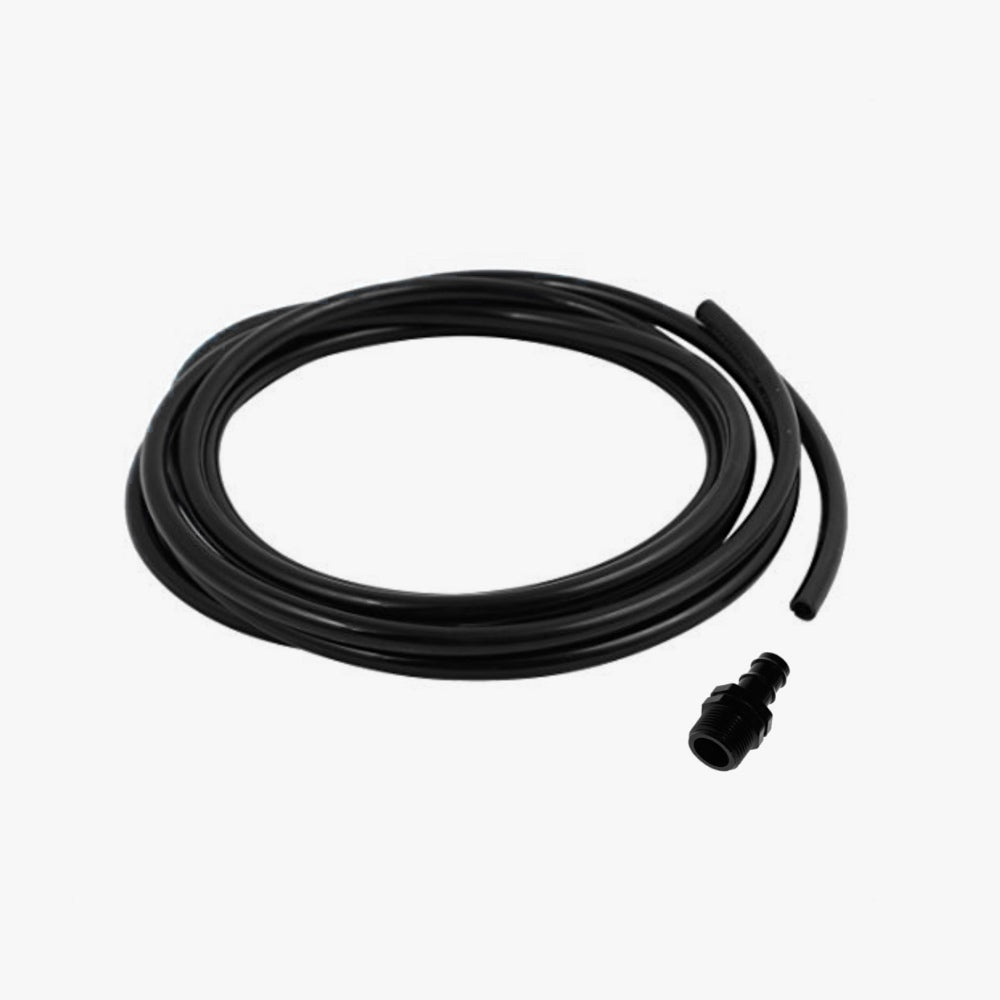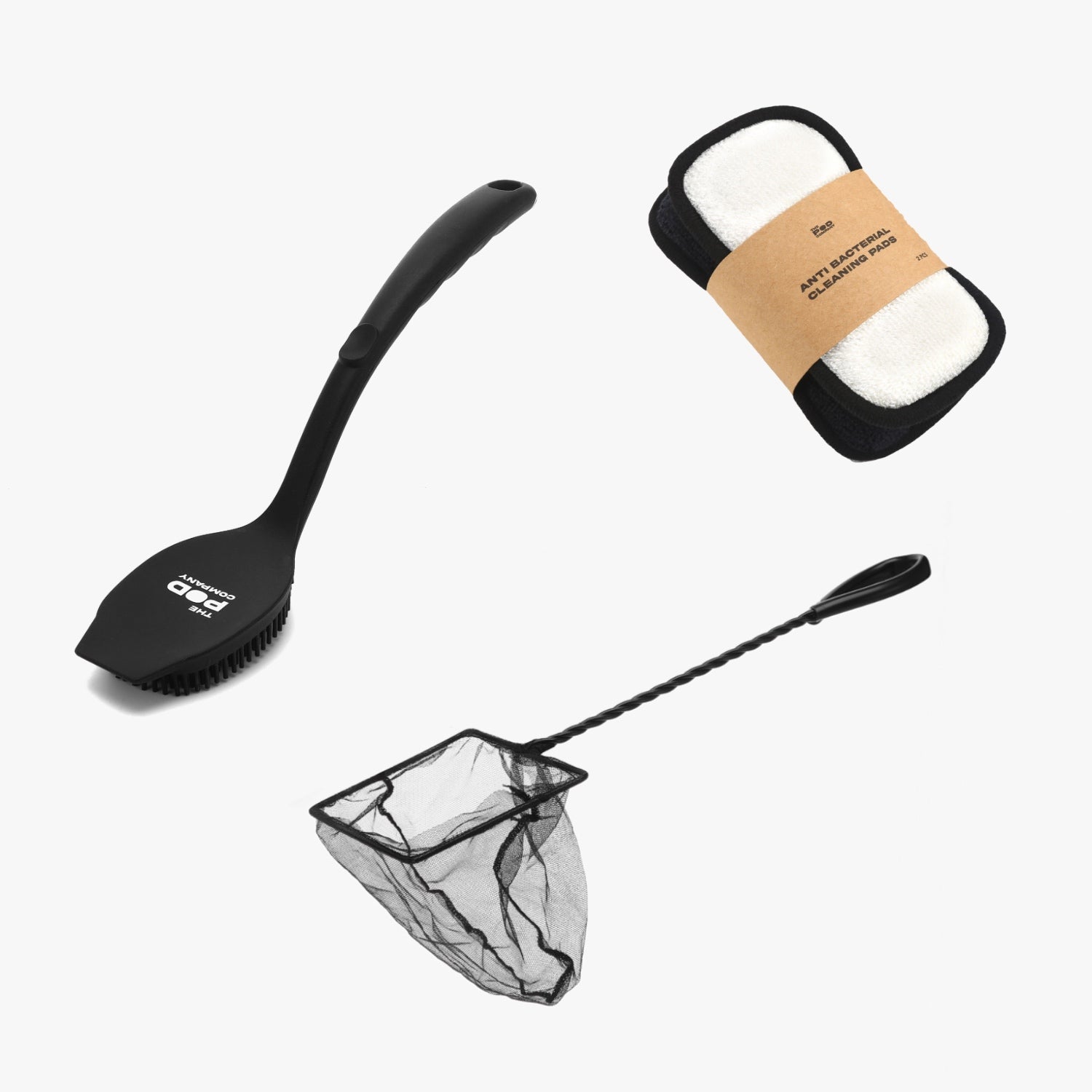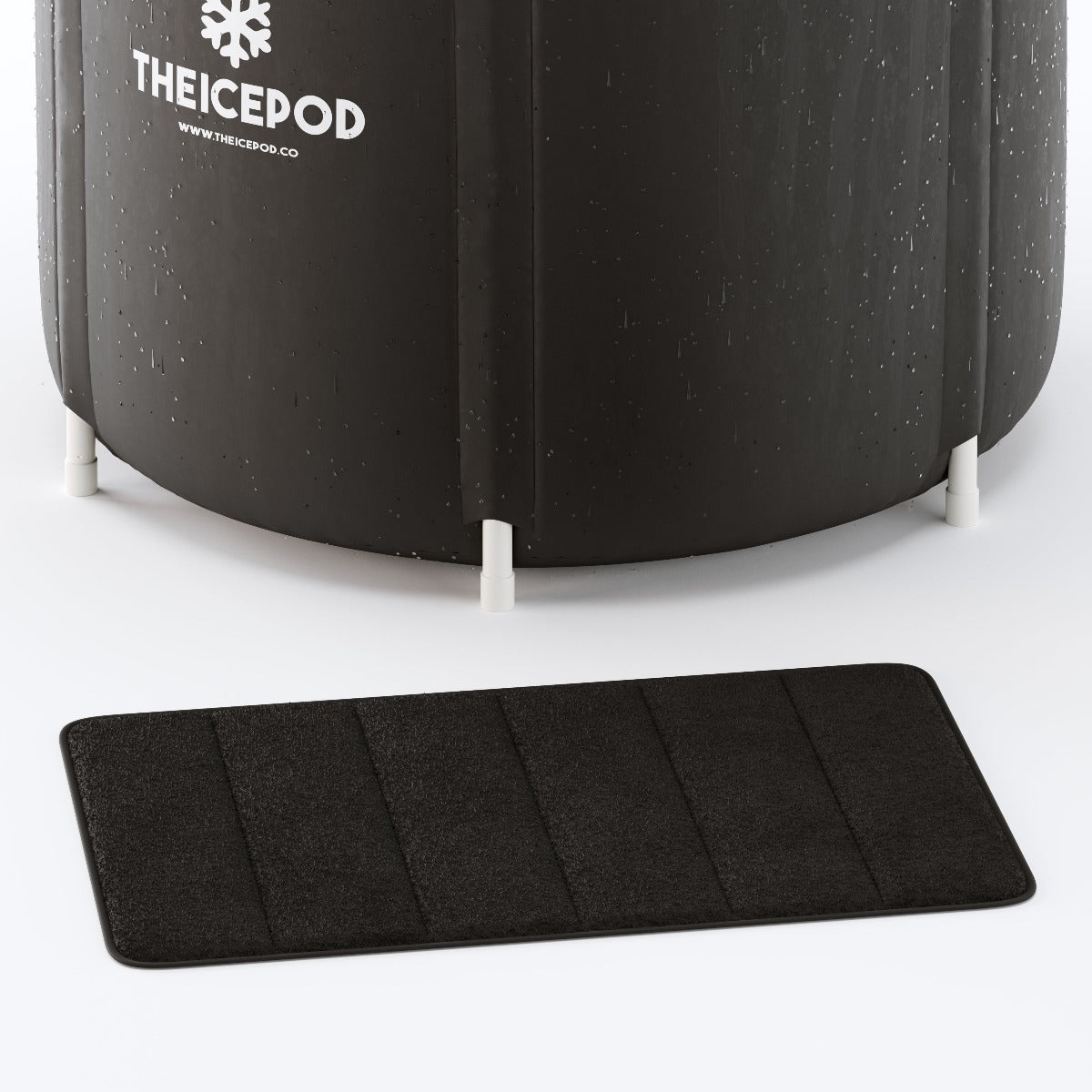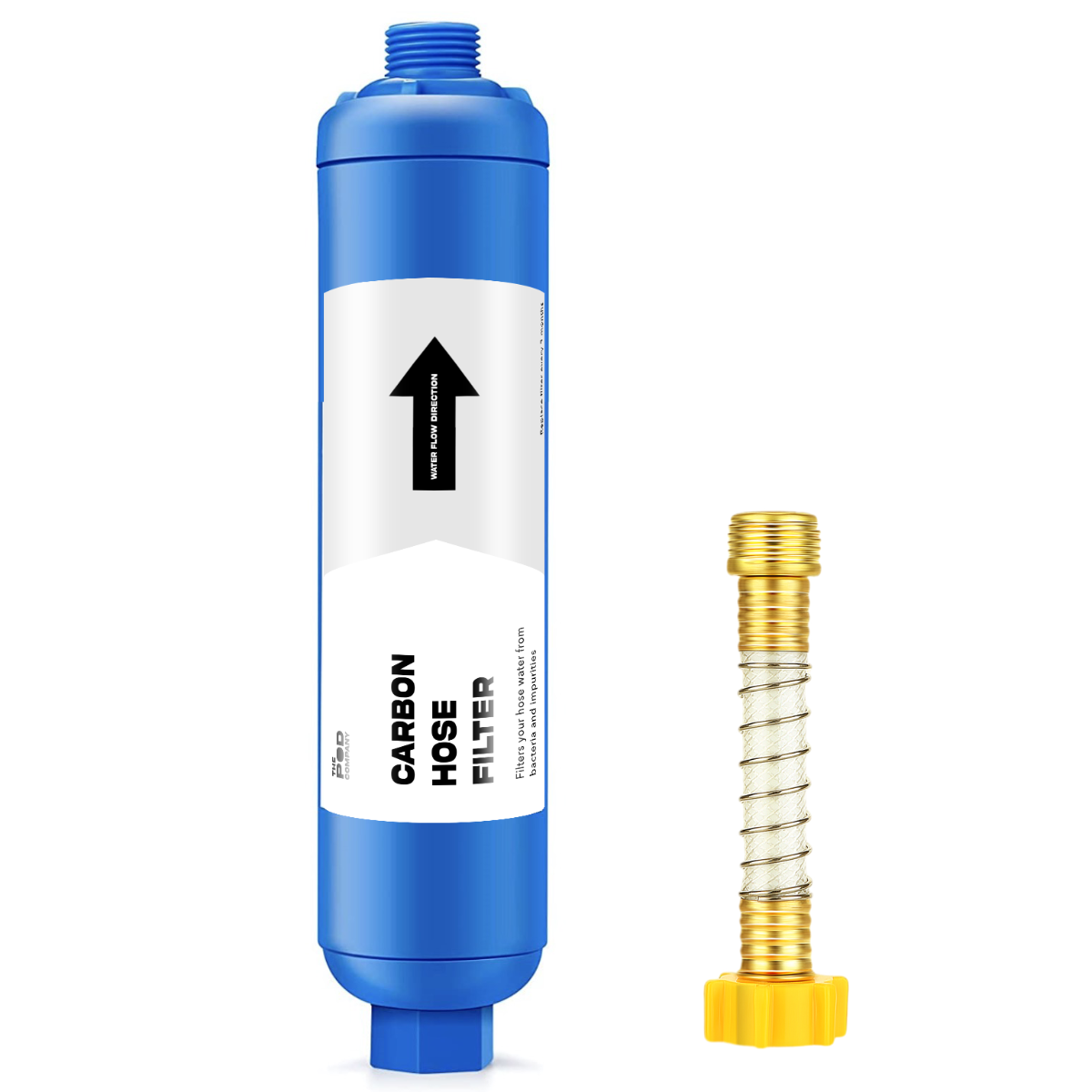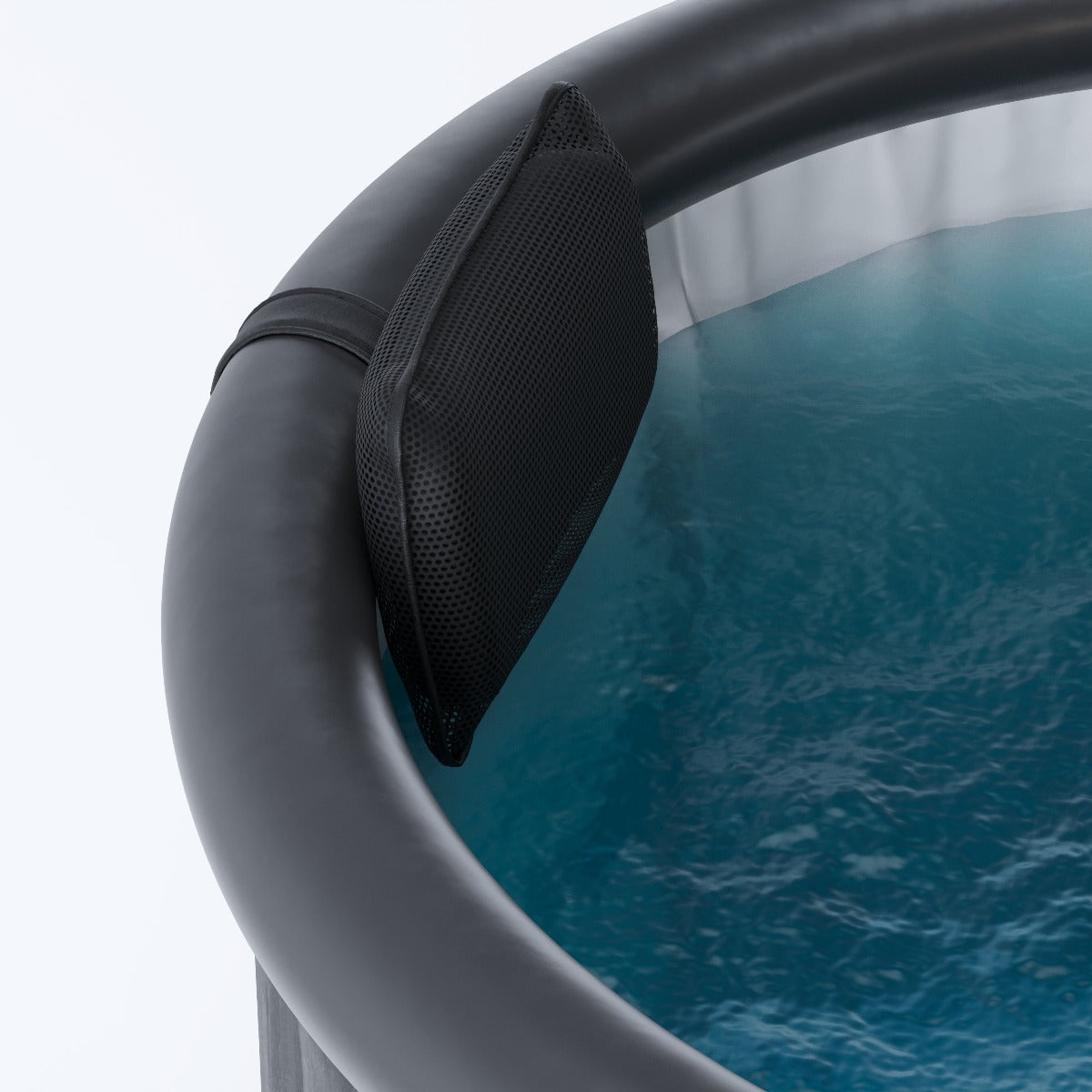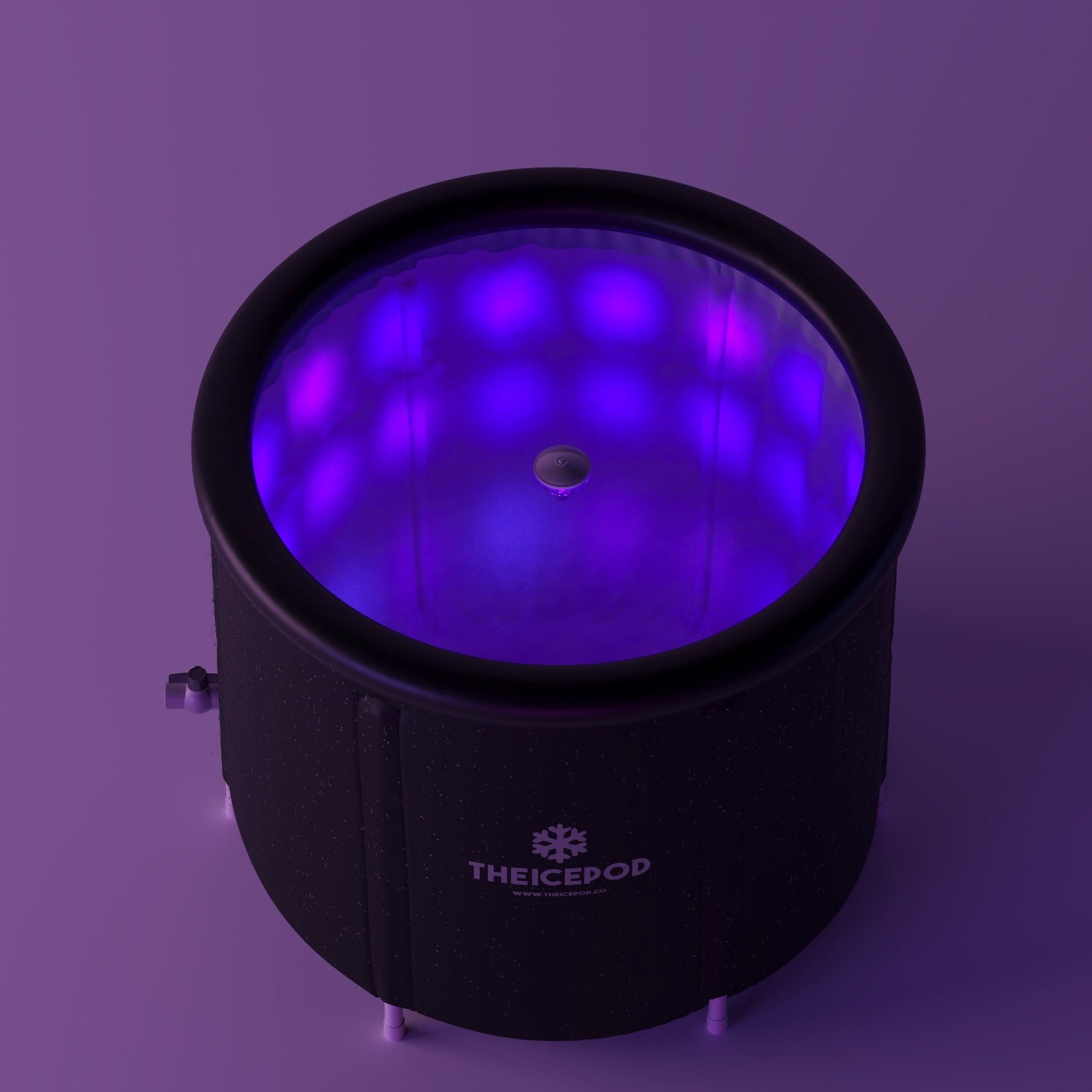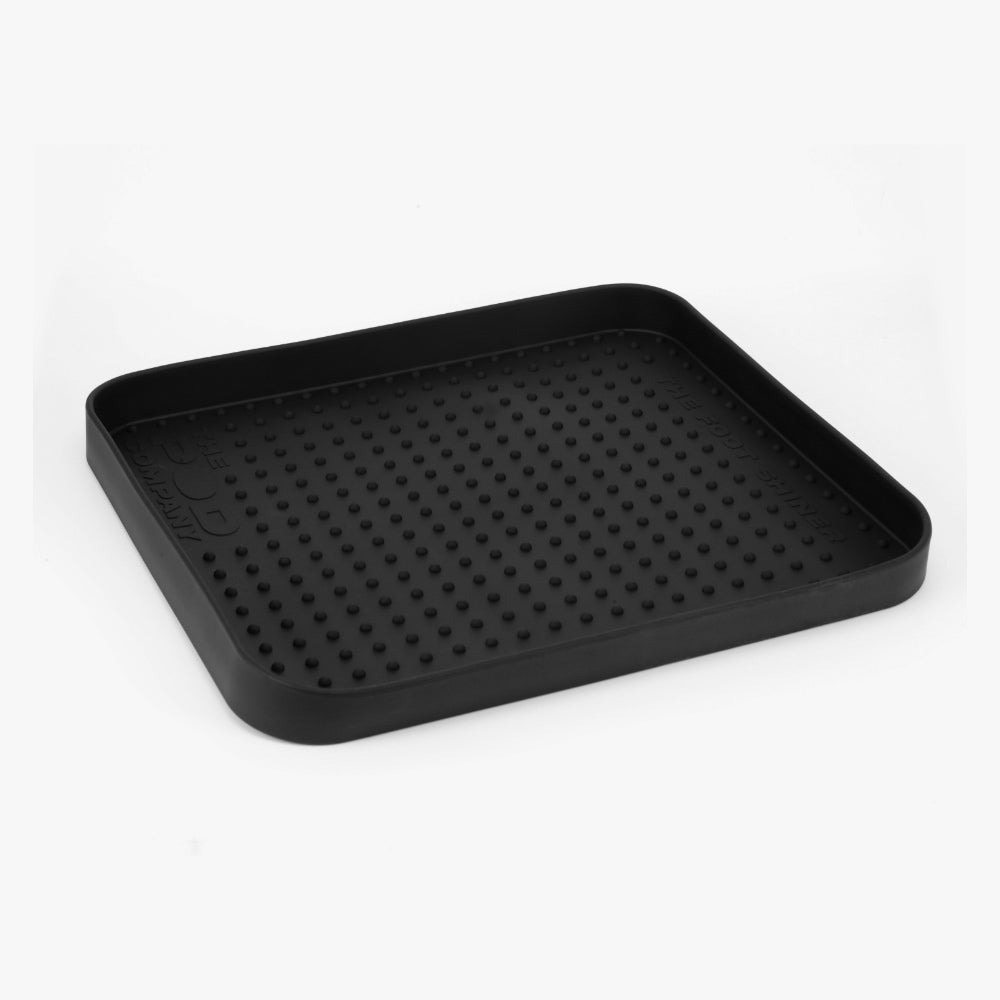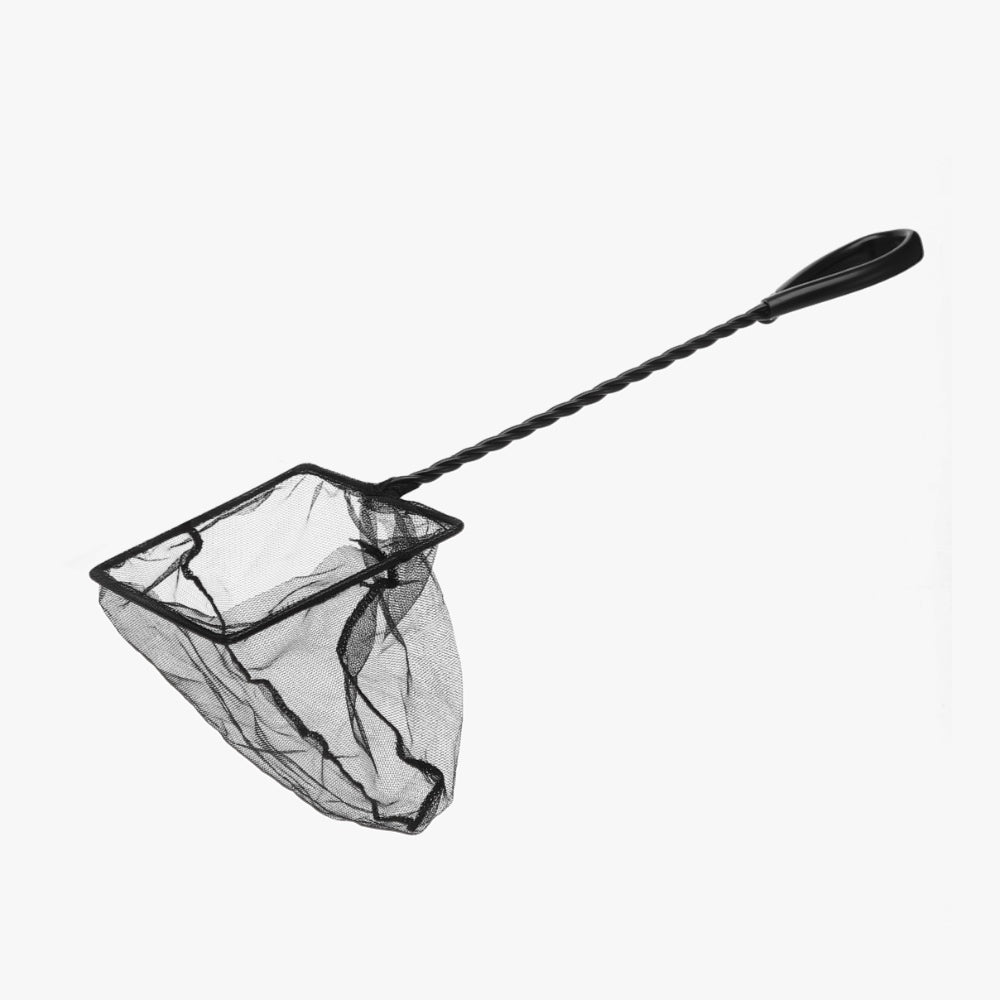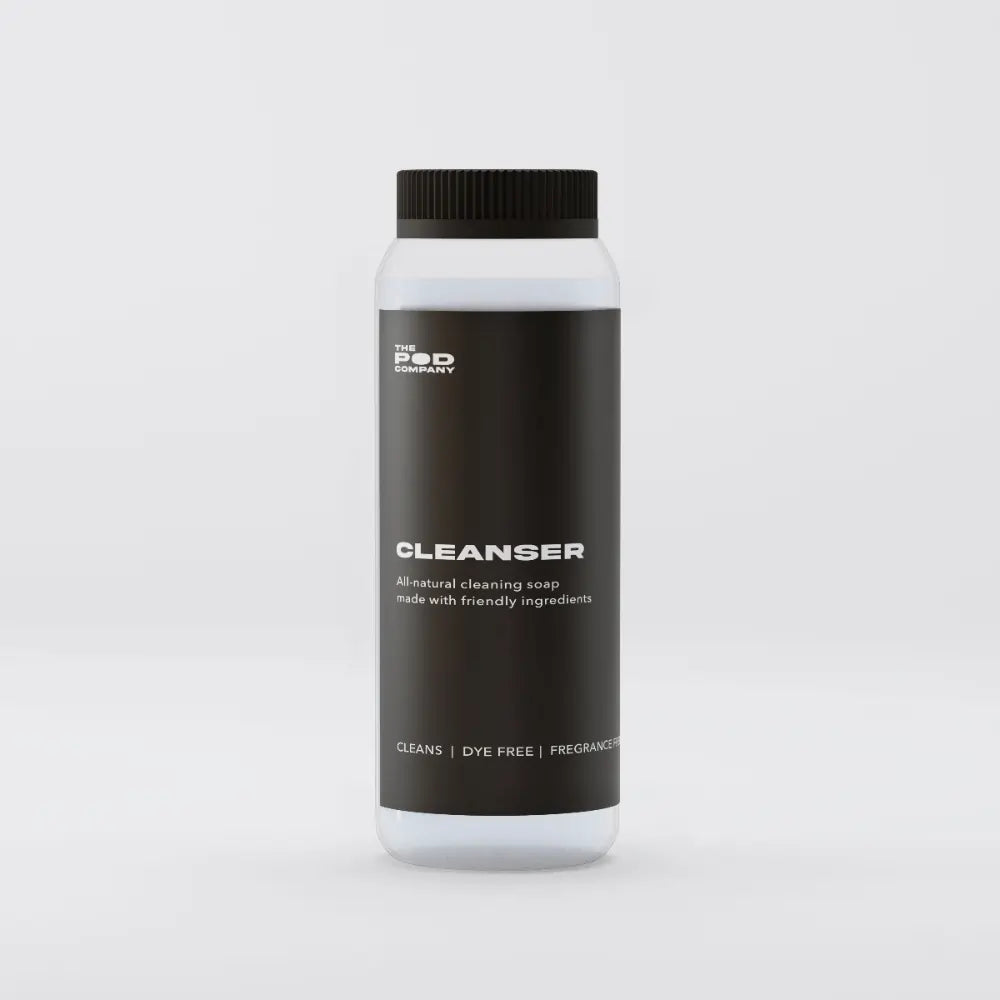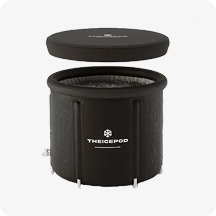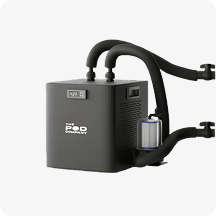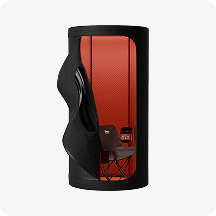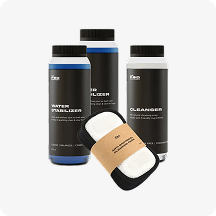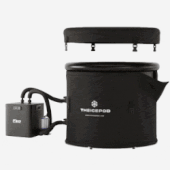Hydration is a fundamental aspect of overall health and fitness, but what role does it play in muscle soreness? This article explores the connection between hydration and muscle soreness, providing insights into how proper hydration can aid in recovery and enhance your exercise performance.
Understanding Muscle Soreness
Muscle soreness, particularly delayed onset muscle soreness (DOMS), is the discomfort and stiffness felt in muscles after intense or unfamiliar physical activity. It typically begins 12 to 24 hours after exercise, peaks around 24 to 72 hours, and can last up to five days.
What Causes Muscle Soreness?
Muscle soreness is primarily caused by microscopic damage to muscle fibers during strenuous activities. This damage triggers an inflammatory response, leading to pain and stiffness as the muscles repair and strengthen.
Factors Contributing to Muscle Soreness:
- Eccentric Movements: Exercises that lengthen the muscle under tension, such as downhill running or lowering weights.
- Intensity and Duration: High-intensity or prolonged exercise sessions.
- Lack of Conditioning: Engaging in new or irregular activities without prior conditioning.
The Importance of Hydration in Muscle Function
Hydration is crucial for maintaining optimal muscle function. Water plays a key role in various bodily functions, including nutrient transport, temperature regulation, and joint lubrication. Proper hydration ensures that muscles receive the nutrients they need to function effectively and recover from stress.
How Hydration Affects Muscle Soreness
Hydration impacts muscle soreness in several ways:
- Reduction of Muscle Cramps: Dehydration can lead to muscle cramps, which can exacerbate muscle soreness. Adequate hydration helps prevent cramps by maintaining electrolyte balance.
- Improved Nutrient Delivery: Water facilitates the transport of essential nutrients and oxygen to muscle cells, aiding in their repair and reducing soreness.
- Waste Removal: Proper hydration aids in the removal of metabolic waste products, such as lactic acid, that accumulate during exercise and contribute to soreness.
- Enhanced Blood Flow: Hydration improves blood flow, which helps deliver nutrients to muscles and remove waste products more efficiently.
Signs of Dehydration
Recognizing the signs of dehydration is essential for preventing and managing muscle soreness. Common symptoms include:
- Thirst: Feeling thirsty is the body’s way of signaling a need for more water.
- Dark Urine: Dark yellow or amber-colored urine can indicate dehydration.
- Dry Mouth and Skin: Lack of moisture in the mouth and skin.
- Fatigue: Feeling unusually tired or lethargic.
- Dizziness: Lightheadedness or dizziness, especially after exercise.
Tips for Staying Hydrated
- Drink Regularly: Consume water throughout the day, not just during exercise. Aim for at least 8-10 glasses of water daily.
- Monitor Fluid Loss: Weigh yourself before and after exercise to estimate fluid loss and rehydrate accordingly.
- Electrolyte Balance: Include electrolyte-rich drinks or foods to maintain balance, especially after intense workouts.
- Hydration-Enhancing Foods: Consume fruits and vegetables with high water content, such as watermelon, cucumbers, and oranges.
Managing Muscle Soreness with Hydration
Proper hydration can be a crucial part of managing muscle soreness:
- Pre-Workout Hydration: Ensure you are well-hydrated before starting your exercise routine.
- Hydrate During Exercise: Drink water at regular intervals during workouts, especially if they are prolonged or intense.
- Post-Workout Recovery: Continue to hydrate after exercise to aid in muscle recovery and reduce soreness.
- Cold Therapy: Using tools like The Pod Company’s Ice Pods can complement hydration by reducing inflammation and accelerating recovery.
When to Seek Medical Advice
While hydration can help manage muscle soreness, certain symptoms may require medical attention:
- Severe Pain: Intense pain that does not improve with hydration and rest.
- Persistent Soreness: Muscle soreness that lasts more than a week or worsens over time.
- Swelling and Redness: Significant swelling, redness, or warmth around the muscle.
Conclusion
Hydration plays a vital role in managing and reducing muscle soreness. By ensuring adequate water intake, you can enhance muscle function, reduce cramps, and facilitate recovery. Remember, hydration is not just about drinking water during exercise; it involves maintaining overall fluid balance throughout the day. Incorporating tools like The Pod Company’s Ice Pods into your recovery routine can provide additional relief and support, helping you maintain peak performance and reduce muscle soreness effectively.
By understanding the relationship between hydration and muscle soreness, you can optimize your fitness routine and achieve better results. Stay hydrated, listen to your body, and enjoy a more comfortable and effective workout experience.



